As the dust settles on PC Gamer's Dragon Age: The Veilguard review, which describes a Marvel-i-fied action RPG let down by its new lacklustre, sanitised companion characters and clumsy storytelling, I feel the time has now come where we can finally step back, breathe and calmly recognise what should have been obvious to BioWare all along—in Morrigan, the Witch of the Wilds, Dragon Age has always boasted the fantasy RPG genre's greatest of all time companion character. Because, 15 years after the series debuted with the peerless Dragon Age: Origins, not only has BioWare seemingly forgotten this (if it ever knew it to begin with), but has never even gotten close to replicating a character like her again.
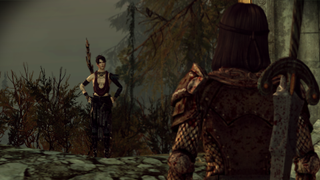
From the moment a fresh-faced Morrigan steps out of the forest in Dragon Age: Origins, voiced by the peerless Claudia Black, sarcastically and cynically teasing and probing the player’s Warden while expounding her own distinctive beliefs and motivations, the fantasy RPG genre was never going to be the same again. Here was a character that deftly, beautifully, elevated fantasy RPG companions to a previously unseen, complex and real level. Here we had a transcendent character that leapt out of the screen physically and mentally, challenging the Warden, testing them, philosophising with them and, yes, even potentially loving and betraying them.
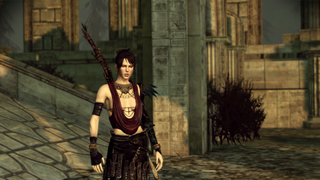
Morrigan was a wonderfully real and morally grey character that didn't succumb to tired stereotypes or boringly two-dimensional motivations. There was no, 'I have a tragic backstory where I was wronged by a super duper bad guy and now I'm on a quest for revenge' guff (instead, we get a far messier tale involving her ‘mother’ Flemeth, told in fragments), or a 'well, she can often appear bad, but deep down she has a heart of gold and will help us do the right thing at a clutch moment' nonsense. Instead, right from the off, Morrigan is very open about her world views, while also carefully pursuing her aims, both openly and covertly.
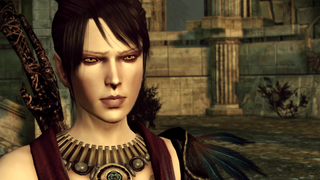
And, as anyone who played Origins including its Witch Hunt DLC, as well as Dragon Age: Inquisition to its dramatic conclusion can vouch for, she has never compromised on this. Ray Muzyka, the co-founder of BioWare, once described Morrigan’s personality as ‘challenging’, which I feel is not only bang on the money but a key reason as to why she is such an engaging character. I want to be challenged. I want my party’s companion characters to be brought to life through differences in opinion. I want them to stand for something, damn it, and that's where Morrigan excels.
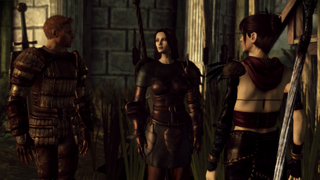
Adversity is the first path to truth
Far from simply existing as a kind of heroically malleable NPC sponge that doesn't really stand for or represent anything, and is all too willing to slavishly fall into line and assemble, like the Avengers, under the banner of a heroic mission to stop baddies cuz they're bad, Morrigan is a character who is not afraid to stand for what she believes and question the decisions being made by those around her, including the player themselves. This was never better showcased than in Dragon Age: Origins, where the BioWare of old pulled zero punches in having Morrigan spar with characters like Alistair, Wynne and Leliana, who held ideological positions that ran counter to her own. This was perfectly natural, as these characters had come from different backgrounds and had different beliefs, while having your own decisions as the player questioned (and even reacted to in-game with genuine consequences) by the Witch of the Wilds forged some incredibly memorable moments.
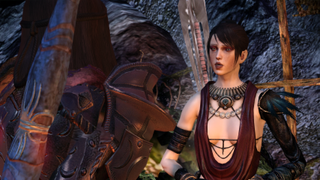
Morrigan is a character that brings to mind the famous phrase, "adversity is the first path to truth", as it is through adversity of her thoughts and actions that the player’s own Warden character becomes more whole, with their own viewpoints crystallised by their reaction to her’s. Because maybe, just maybe, the decisions you’re making aren’t the right ones? Maybe you’re not the chosen one who can do no wrong, and who every other companion character can’t wait to lick the boots of like a lobotomized, sanitised, superhero squad puppet? One that as soon as their tragic backstory trauma is resolved reverts to faultless, frictionless supervillain slayer. No—instead Morrigan, with her flaws and all, remains a character of depth and complexity. She’s not perfect, she makes mistakes, and there are even limits to her own knowledge and understanding within the game world, but how she is depicted is so consistent, believable and challenging, that it just makes her all the more real and immersive.
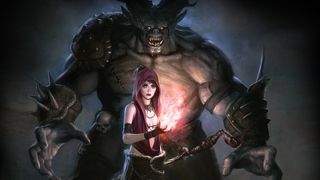
A forgotten heritage
If you pay attention to the story of Dragon Age: Origins, running through into Dragon Age: Inquisition, it is Morrigan that actually sits at the centre of the narrative—but in the background, veiled from view. Morrigan is "she who awaits the next age", inheritor of Flemeth’s gift, mother to a Warden’s son, Kieran, traveller of the Crossroads and Fade, adviser to the empress of Orlais, master of the Eluvian, searcher of The Well of Sorrows, and a game-changing shape-shifter that can actually turn into a dragon. Ignoring any developments in The Veilguard regarding Morrigan out of respect for gamers in terms of potential spoilers, the grand overarching narrative of Dragon Age has a direct throughline, revolving around the return of old gods, and Morrigan has been, up to The Veilguard at least, the consistent conduit for that.
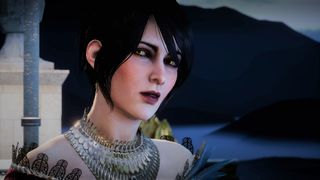
But, regardless of how much Morrigan may or may not feature in The Veilguard (I think it fair to say she plays a role, but is by far not a consistent presence), her depiction in the new game is emblematic of the wider shift in Dragon Age’s identity and priorities, as much of her challenging original personality, when we get to hear from her at all, is not evident, and plays second fiddle to broader, more generic, Marvel-lite dialogue coming from your squad of Thedas Avengers, who offer nothing in comparison to what former great companions like Morrigan did.
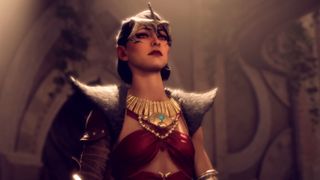
Sadly, all of this reaffirms my conviction that BioWare has never properly appreciated what fantasy RPG companion character gold the original Dragon Age: Origins dev team (but specifically Morrigan’s primary writer, David Gaider) left for them. This is a character that not only sits above greats both new and old, but served as a landmark moment in how companion characters in fantasy RPG games were written, designed and presented.
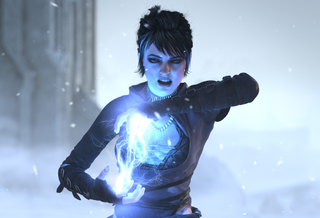
Without Morrigan there are no modern greats like Shadowheart or Astarion, just as without Dragon Age: Origins there would have been no Baldur’s Gate 3. But where Larian was all too aware of the incredible heritage left to them in the fantasy RPG genre when creating their masterpiece, lovingly weaving that heritage into its smash hit RPG, BioWare appears to have largely forgotten its celebrated own, altering not just the fundamentals of what Dragon Age is, but relegating one of the genre’s best ever characters to a largely chummy exposition bot when, at one time at least, she adroitly embodied Dragon Age’s dark, mature and wonderfully complex spirit.

 2 months ago
112
2 months ago
112
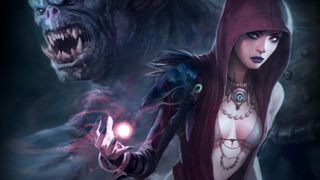
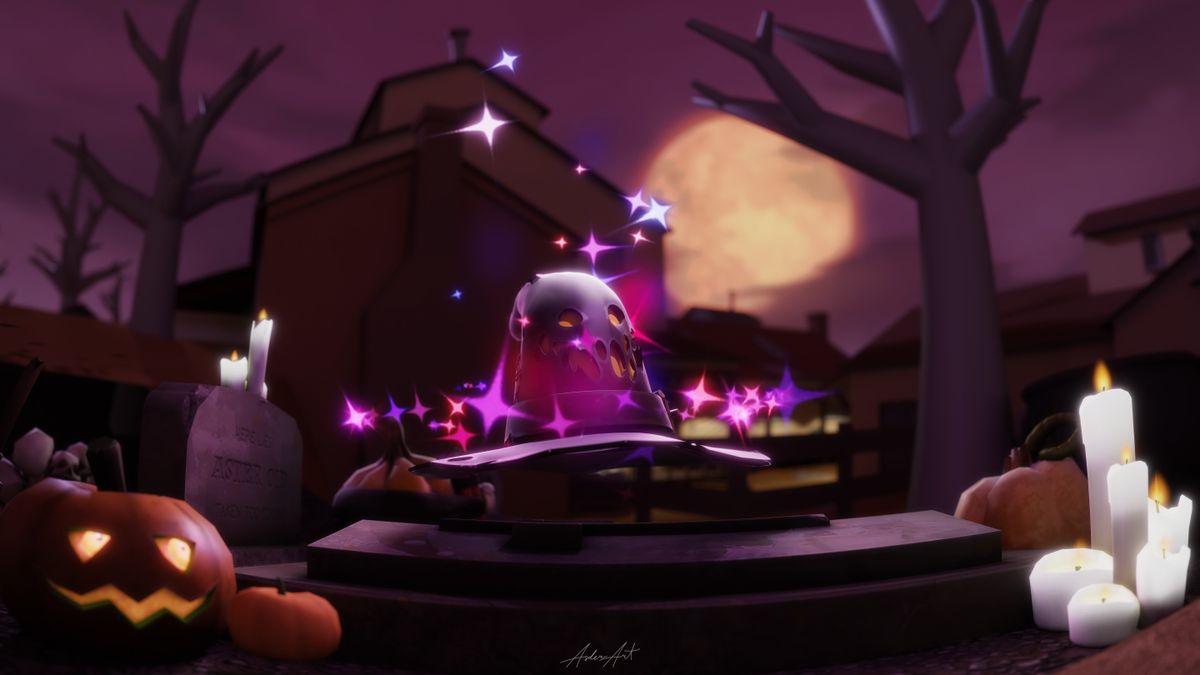
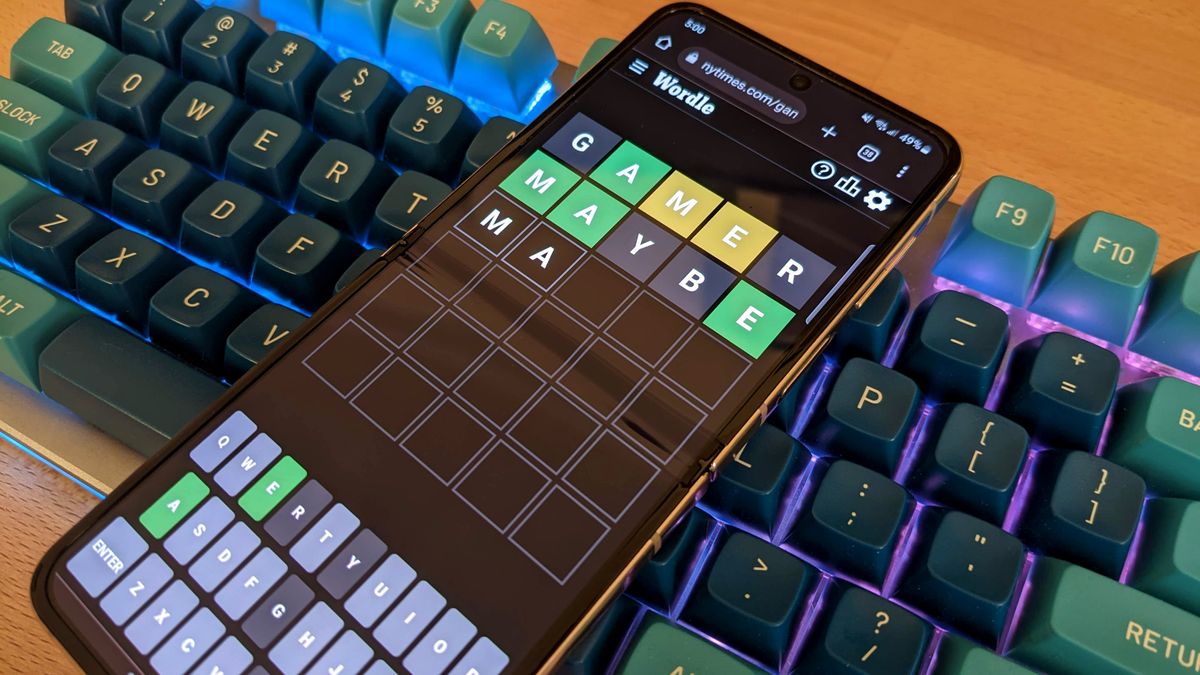
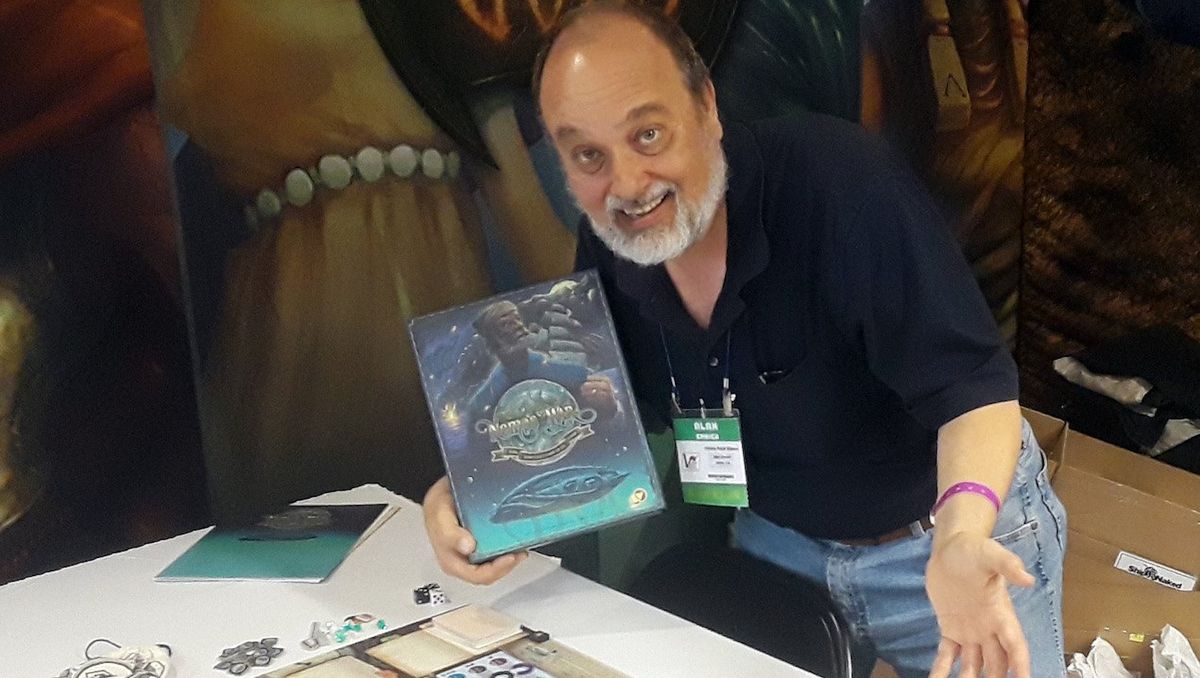
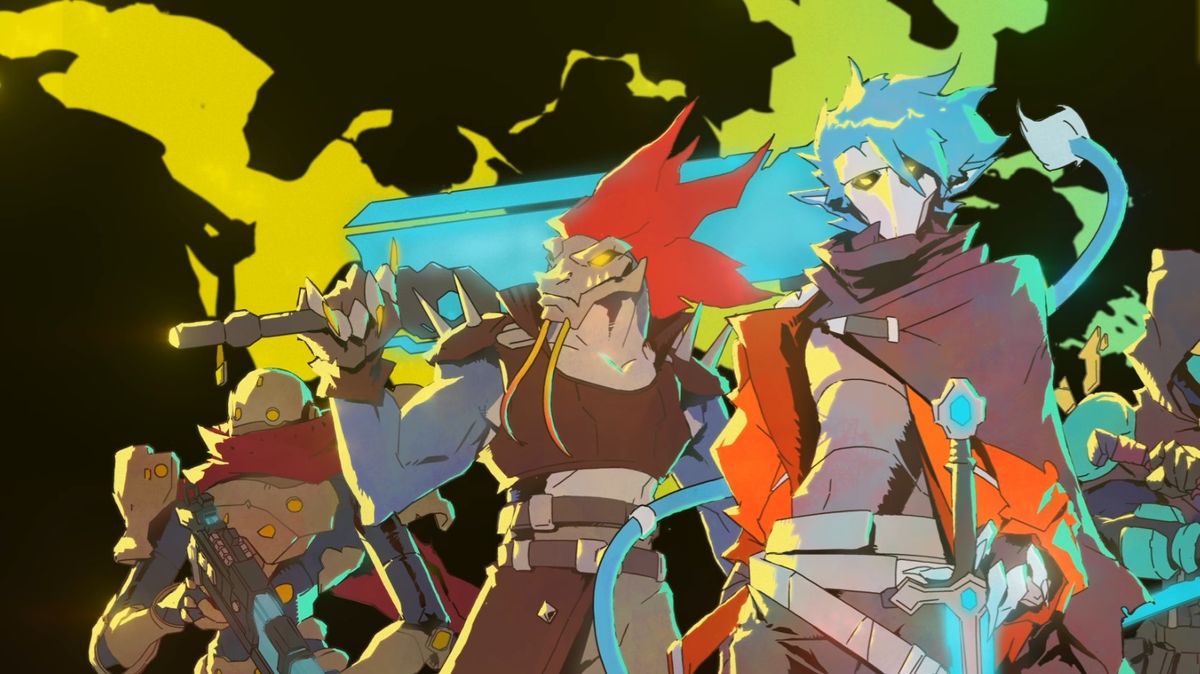



![Anime Reborn Units Tier List [RELEASE] (November 2024)](https://www.destructoid.com/wp-content/uploads/2024/11/anime-reborn-units-tier-list.jpg)
